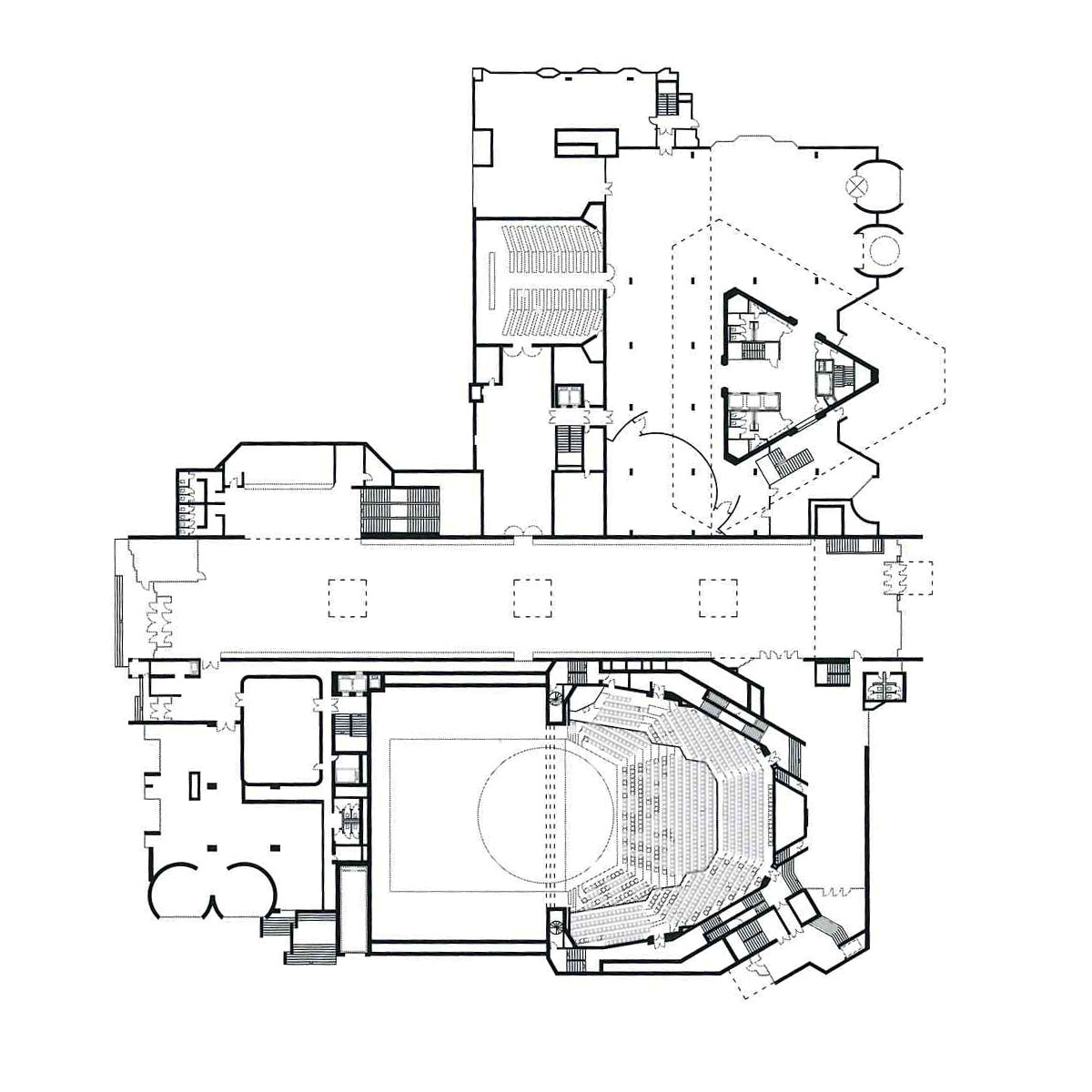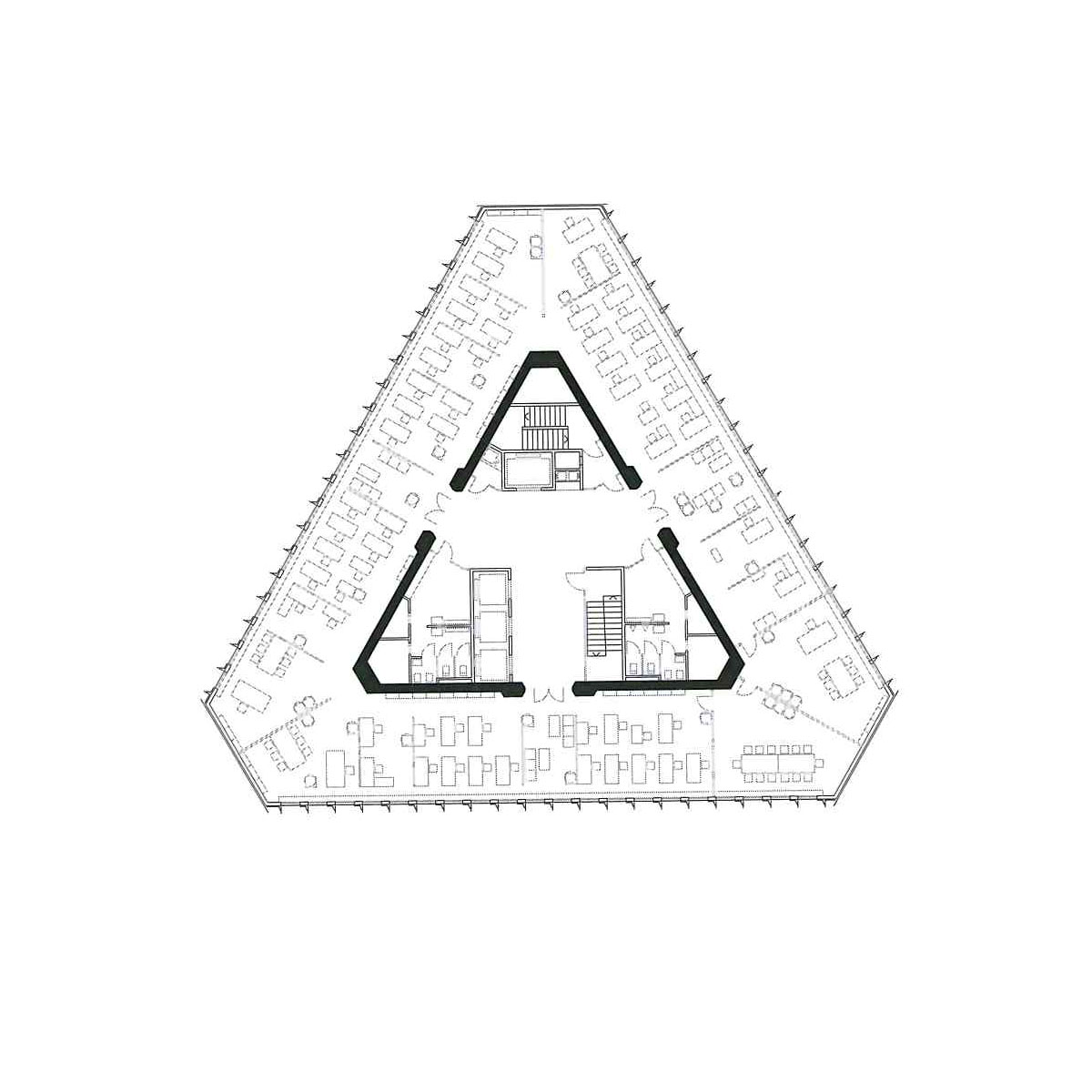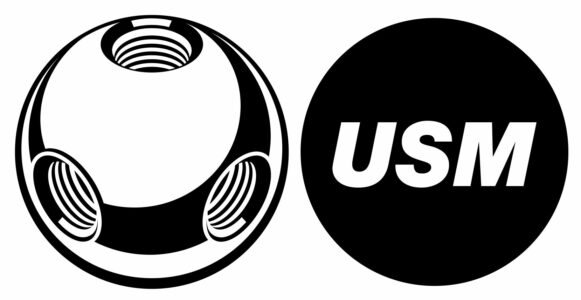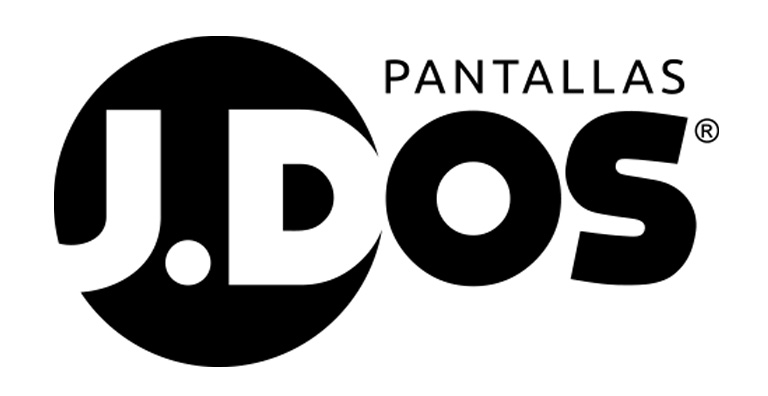In times of uncertainty, change of briefs and interests, wavering of opportunities and functional needs, it is difficult to avoid the established working processes that go back to the Renaissance and its tendency towards a static finality.
From our practice it still follows that we should look upon a city as a large group of things — objects, buildings, sometimes as a sequence of images, as an “urban design” with a system of sequences and aesthetic exclusivity, which is often the way in which we try to replace the missing space of the social energies by contacts and harmony.
In this case a city is not only an exterior appearance, although this is very important and necessary, but also a place where things happen.
A good example of this is The Revolution Square on a working day compared to the same site on a Sunday. Therefore the creation of The Revolution Square is not so much the path towards the aim to create a festive image as it is a path through a certain process that is in this case the first clear and directional intervention in Slovenia.































1 Comment
amazing design! for some more information:
http://www.archipicture.eu/Architekten/Slovenia/Ravnikar%20Edvard/Edvard%20Ravnikar%20-%20Revolution%20Trg%20Ljubljana%201.html